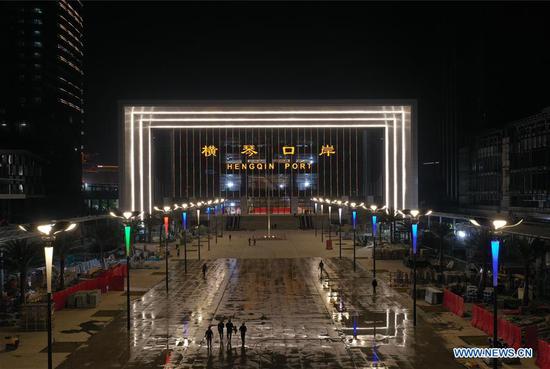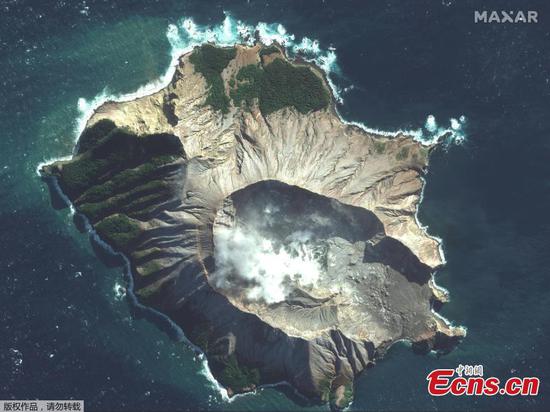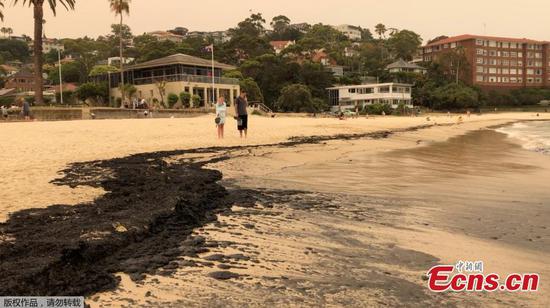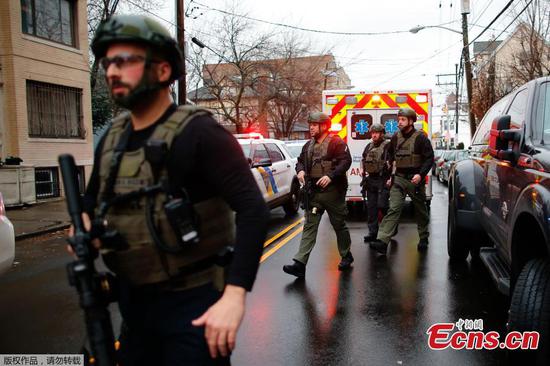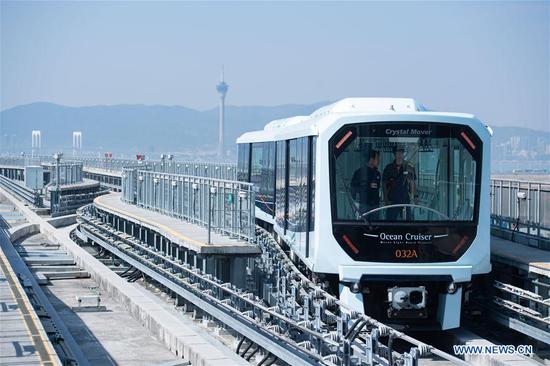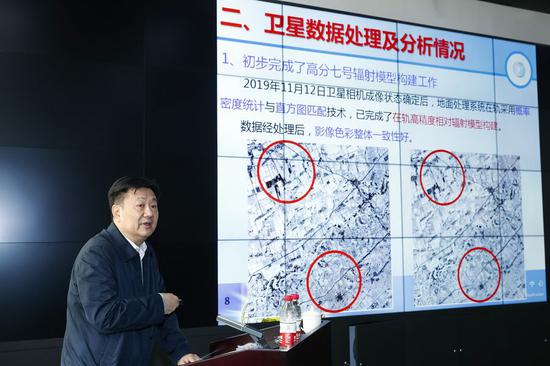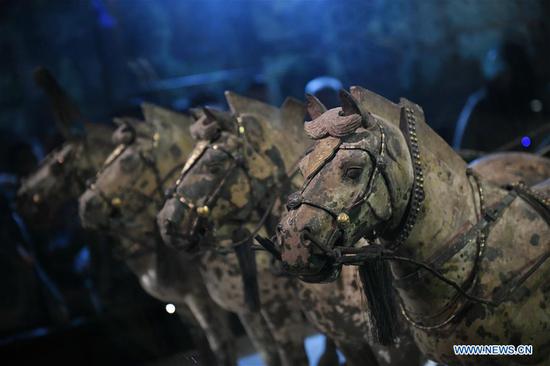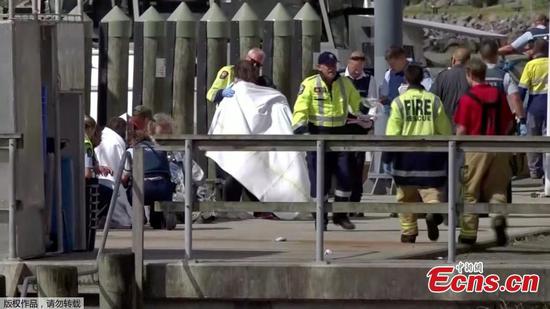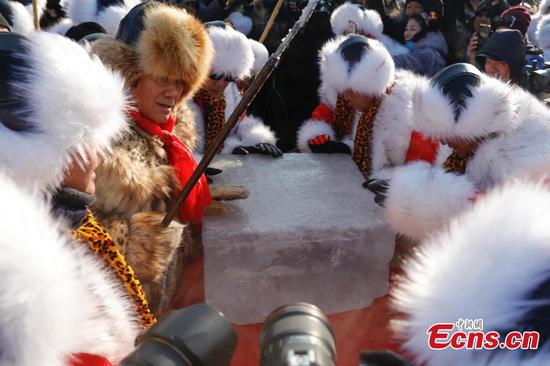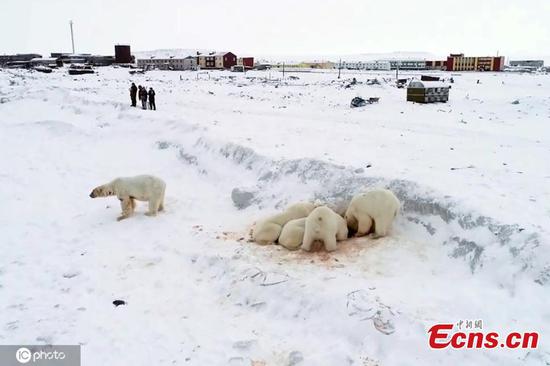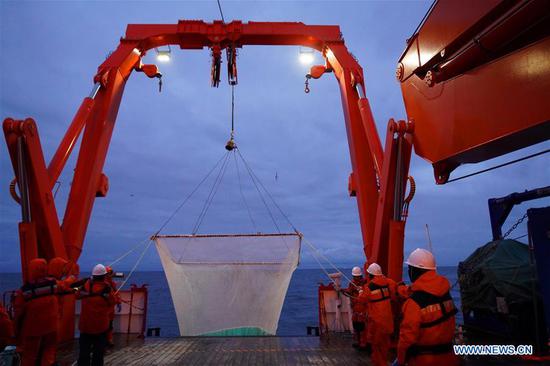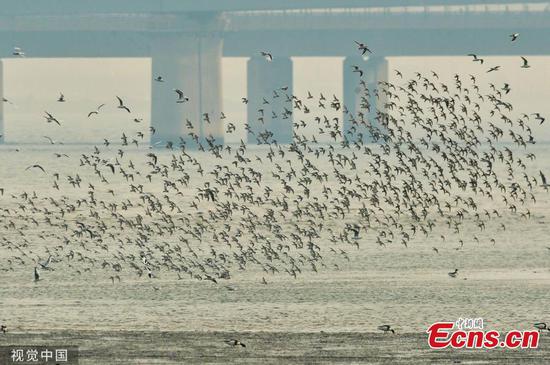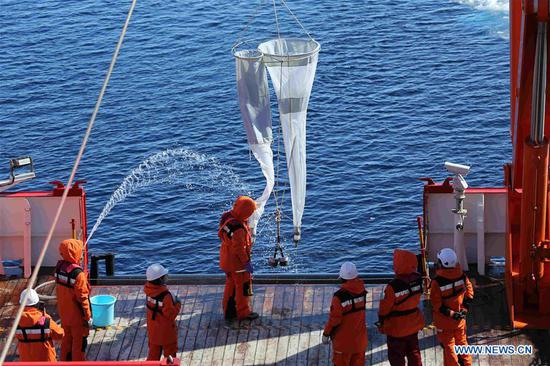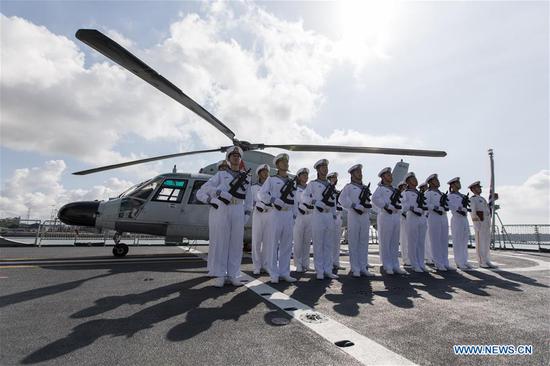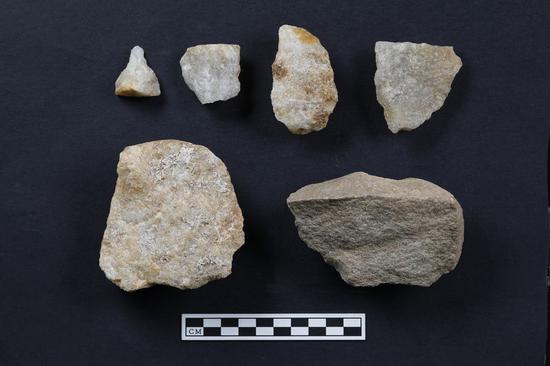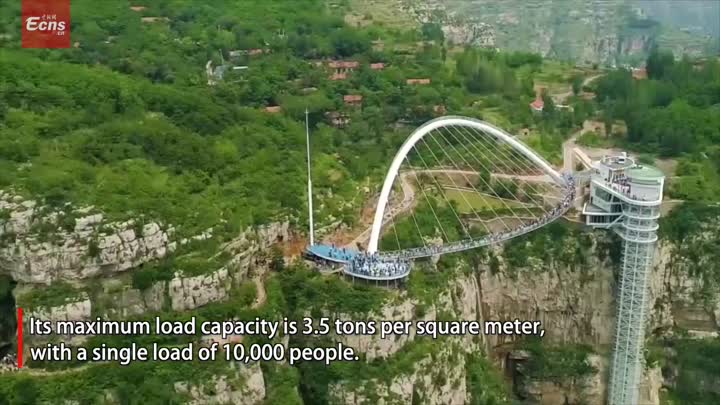The World Trade Organization (WTO) will no longer be able to resolve trade disputes between countries because its Appellate Body won't have enough judges starting from Wednesday.
The Appellate Body, considered the supreme court of the WTO, is supposed to have seven judges. At least three members are needed to hear an appeal.
Since the terms of two of the three remaining judges expired on Dec. 10 and the United States has blocked the nomination of new judges, the Appellate Body will be unable to hear new disputes.
What impacts will this bring to the WTO and to international trade? Will the paralysis of the Appellate Body threaten the survival of the global body?
Established in 1995, the WTO currently has 164 members, of which 117 are developing countries or separate customs territories.
The WTO, representing over 98 percent of international trade, is the only international organization dealing with the global rules of trade. Its main function is to ensure that trade flows as smoothly, predictably and freely as possible, according to its official website.
As the central pillar of multilateral trading system, the dispute settlement is the WTO's unique contribution to the stability of the global economy, without which the rules-based system would be less effective because the rules could not be enforced.
In 2015, the WTO reached a significant milestone with the settlement of its 500th trade dispute.
However, the U.S. has been blocking the appointments of members to the WTO appellate body to delegitimize a rule-based trading system, without offering constructive proposals for reform.
What will happen if the trade organization loses the ability to adjudicate in trade disputes? Countries could then use tariffs or be tempted to implement protectionist measures, without having to worry about the prospect of sanctions if they breach WTO rules.
Critics say it will deal a major blow to the global trading system as the situation risked creating a system of trade relations based on power rather than binding international rules.
Briefing journalists after the first of a three-day meeting of the WTO's General Council, spokesperson Keith Rockwell said the shutdown of the Appellate Body is a setback but does not signal "the demise" of the WTO.
"It's a setback. There is no question about that," acknowledged Rockwell. "But it's not something that's going to result in the organization ceasing to function."
Earlier in the meeting, a draft decision was presented to address the functioning of the Appellate Body. However, no consensus was reached due to the opposition by the United States.
"It was not unexpected but was clearly an unfortunate development," said Rockwell.
It was not the first time the trade organization has been in jeopardy. The Third Ministerial Conference held in the U.S. city of Seattle in 1999 ended in failure, with massive demonstrations and police and National Guard crowd-control efforts drawing worldwide attention. Though many people predicted the demise of the WTO, it survived that crisis.
WTO Director-General Roberto Azevedo said Tuesday that members will continue to resolve WTO disputes through consultations and panels and use other mechanisms to resolve disputes and review rulings such as arbitration.









